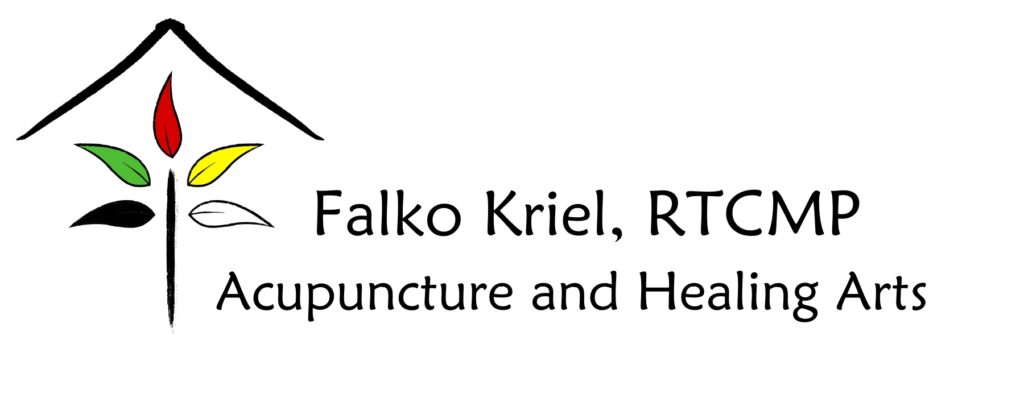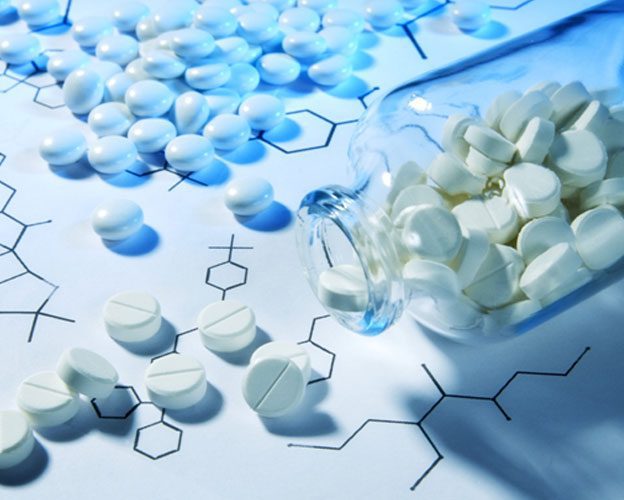How Acupuncture can help with the Opioid Crisis
Acupuncture can play a crucial role in helping with the opioid crisis in our community. Before qualifying that statement, let’s take a short journey backin time.
It is 1957, and French physician Dr. Paul Nogier first presents a model showing how specific points on the ear could be stimulated to treat a range of medical conditions, a practice called auriculotherapy. This discovery was embraced enthusiastically by European and Chinese medical practitioners, and lead to the development of auricular acupuncture.
Fast forward to 1974 in Lincoln Hospital in the Bronx, New York.Dr.Michael Smith, an MD and acupuncturist, first uses his auricular acupuncture protocol in conjunction with the existingmethodone program. Being an impoverished and marginalized community, organizershad to find support through collaborative efforts with unlikely partners, such as radical inner-city groups like the Young Lords and theBlack Panthers trying to help uplift their neighborhoods. This work developed into the National Acupuncture Detoxification Association, or NADA. The mandate of NADA was to educate front-line healthcare workers to administer the needling protocol and to advocate for access to care.
The word nada, meaning “nothing” in Spanish, expresses the compassion of the organization. To keep the costs minimal, acupuncture treatments are administered in a group setting and emphasize a no-barrier approach. All were welcome on their journey of recovery, whether in sobriety trying to prevent relapse or still using as a form of harm reduction and to bring someone to recovery. Clients are not always charged for treatment as it is often facilitated through a program.It is non-verbal, providing a safe space for those resistant to talk therapy. In a sense, the practitioner does “nothing” – what’s important is the treatment’s ability to stimulate the body’s own self-regulating capabilities.
When auricular points are needled, a cascade of neuro-physiological effects are triggered,such as the release of dopamine and endorphins. These provide feelings of tranquility, euphoria, and well being as well as decrease pain. This can be any kind of pain, physical or emotional. Often there is no clear distinction between the two.When a spouse or child is physically harmed, is the suffering physical or mental? We now know that chronic pain and depression present with similar patterns in the brain, and the mind-body connection cannot be ignored in treatment. This is crucial in understanding addiction and recovery. It is notable that trauma and pain are major causes of addiction. Substance use is a form of self-medication from a state of vulnerability and can only be treated by addressing trauma itself.
One modality alone cannot meet all these needs. Medical intervention, trauma counseling, recovery programs, support groups, transitional housing, and career training are all important in a holistic approach. Yet not one of these provide the physicalrelief from suffering that was found in substance use. Medications, although useful, can be habit-forming or come with side effects. Wouldn’t it be amazing if we could help the brain naturally re-learn to feel the joy of simply being alive without the assistance of another drug? With auricular acupuncture, we are able to promote this safely and effectively. This can allow for trauma to be moderated, integrated, and healed in mind and body.
NADA has trained over 10,000 health professionals and helped to create grassroots programs worldwide.A recent study showed that people in programs using the NADA protocol had increased program retention, felt better about themselves, were more likely to find employment, and had decreased rates substance use at a 3 and 6 month follow-ups. It is now also used for depression, anxiety, and PTSD in psychiatric hospitals, disaster relief, military, and even prison settings. In my private practice, I utilize this protocol in addition to other principles from Traditional Chinese Medicine such as acupuncture and herbal medicine to help those suffering these and other mental health disorders, or simply for much needed stress relief.
For those interested in experiencing this yourself please book an appointment AT THIS LINK . I look forward to meeting you!
– Falko
Study cited:
Behav Sci (Basel). 2017 Jun 16;7(2). pii: E37. doi: 10.3390/bs7020037.
NADA Ear Acupuncture: An Adjunctive Therapy to Improve and Maintain Positive Outcomes in Substance Abuse Treatment.
Carter K1, Olshan-Perlmutter M2, Marx J3, Martini JF4, Cairns SB5.






